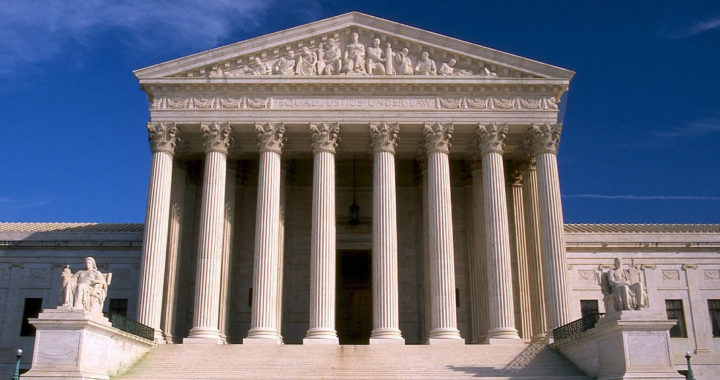A draft document of an upcoming Supreme Court decision is offering an unprecedented look into the deliberative process of America’s highest judicial court.
The draft, obtained and published by POLITICO late Monday evening, shows the majority of the Supreme Court voting to overturn the landmark abortion rights case Roe v. Wade.
Justice Samuel Alito is said to have authored the Supreme Court’s majority opinion, with Justices Clarence Thomas, Amy Coney Barrett, Brett Kavanaugh and Neil Gorsuch joining.
The draft, from February, is subject to change, according to legal and political experts. But POLITICO reported there was little change in the perspective of the five Justices, with three opposing and one remaining undecided.
No draft opinion has ever leaked from the Supreme Court before. On Tuesday, a spokesperson for the Supreme Court affirmed the draft was authentic, but cautioned that no decision had been finalized.
Sacramento attorney Mark Reichel, who argued before the Supreme Court in 2006, said it amounted to a “legal earthquake,” the ramifications will be felt within the legal industry for years to come.
The decision, if it remains largely unchanged from the draft published on Monday, would also force state governments to take a position on abortion.
“What they’re saying is this: There’s no constitutional right to it,” Reichel told CBS13 News in Sacramento. “So if your state bans it, you can’t scream [that] your constitutional rights are being violated.”
Reichel said it was unlikely that California would move to ban abortion. Late Monday evening, Governor Gavin Newsom tweeted his opposition to the draft document, later proposing an amendment to the state’s constitution that would preserve abortion rights in California.
“California will not sit back,” the governor tweeted. “We are going to fight like hell.”


